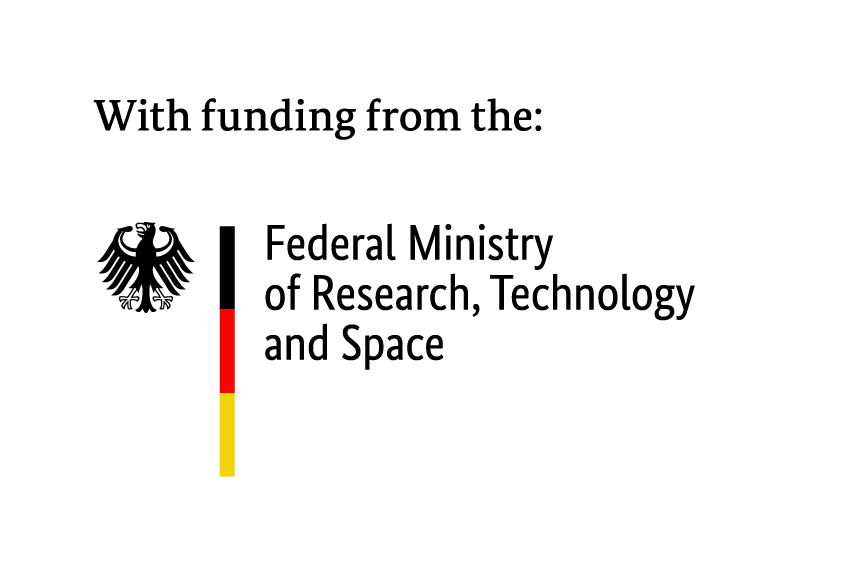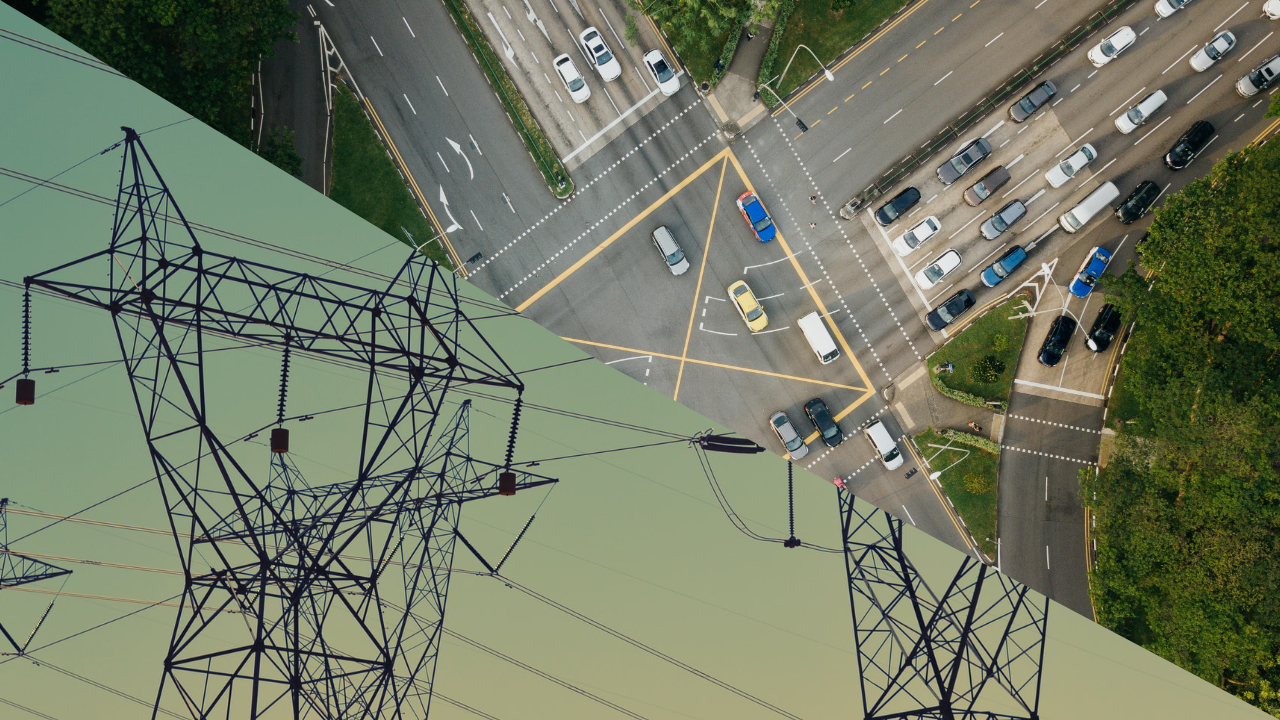From rising energy costs for households to the expansion of local renewable energies, the population is increasingly directly affected by the energy and transportation transition, and they want to get involved and have their say. That is why, as part of the Kopernikus Project Ariadne, funded by the German Federal Ministry of Education and Research (BMBF), citizens were invited to contribute their values and experiential knowledge to science-based policy paths from the outset. The most recent citizens’ conferences show that people are both willing and able to discuss complex challenges in a differentiated way, and to negotiate solutions together. This requires a well-structured dialogue.
Over two weekends, more than 100 randomly selected people from various backgrounds discussed two main topics: In November 2021, citizens discussed in Würzburg and Kassel, tweaking ideas for a socially just electricity and transport transition, helping to shape the Ariadne citizens’ summit next year. The aim here was not to draw up demands for politicians, but rather to discuss the positive and negative effects of alternative paths to climate neutrality. The discussions were based on Ariadne’s scientific findings and facilitated by apps developed specifically for this purpose. During this iterative process, the goals and societal values that emerged from previous rounds of deliberation were further developed along current research findings. Through the synergy of scientific knowledge with citizens’ value concepts and practical knowledge, new ideas and approaches emerged, revealing new perspectives for both scientists and citizens, which in turn flow into further scenario work.
Participation, equity and transparency in the spotlight of discussing electricity and transport transition
The evaluation of the conferences shows, among other things: Citizens, understandably, want to participate and ask for “viable alternatives accessible to all” before current transport options become more expensive or even prohibited. Participants were also interested in how different measures would affect different social groups, such as urban and rural communities, or low income populations who cannot afford their own solar panels or e-cars. They also stressed the need for more independent information and transparency in the planning and implementation of measures – be it in the redistribution of revenues from CO2 pricing or the simplification of bureaucratic hurdles for residential solar installations. Citizens felt that science had an important role to play in communicating complex content on the transformation to climate neutrality, and in making it more accessible to conference participants.
“The Ariadne citizens’ conferences have shown that weighing different policy options opens up an important interaction space in which assumptions can be discussed, questioned and jointly thought through,” explains Mareike Blum, deliberation researcher at the Mercator Research Institute on Global Commons and Climate Change (MCC Berlin). “It was particularly impressive to see how respectfully people approached each other, despite their different backgrounds.”
“Most citizens indicated that their participation in the deliberation alone contributed to a better understanding of the energy transition,” says Katja Treichel, policy analyst at MCC Berlin. “Some even saw themselves in the role of multipliers for this newly gained knowledge. Thus, deliberation can not only help ensure that citizens’ values and perspectives are included early in the exploration of possible policy paths, but also makes a valuable contribution to a fact-based, public-interest-oriented debate.”
“Ariadne cannot and does not advocate for a particular path, nor does it seek to generate acceptance for individual policies. Rather, it demonstrates that taking citizens’ values and perspectives into account is a significant part of a shared, well-informed learning process. Deliberation contributes to a better basis for policy decisions, strengthens democracy and promotes mutual understanding of each other,” said Martin Kowarsch, working group leader at MCC Berlin. “These are important milestones, in light of complex societal challenges the government faces, on the path to climate neutrality.”
Ariadne-Report
Katja Treichel, Mareike Blum, Martin Kowarsch (2022): Citizen’s Views of Future Energy Worlds – Results of the Ariadne Citizen’s Conference on Electricity Transition. Kopernikus-Projekt Ariadne, Potsdam.
Mareike Blum, Katja Treichel, Martin Kowarsch (2022): Views of Citizens on Four Future Pathways of the Transport Transition – Results of the Ariadne Citizens‘ Conference on the Transport Transition. Kopernikus-Projekt Ariadne, Potsdam.


